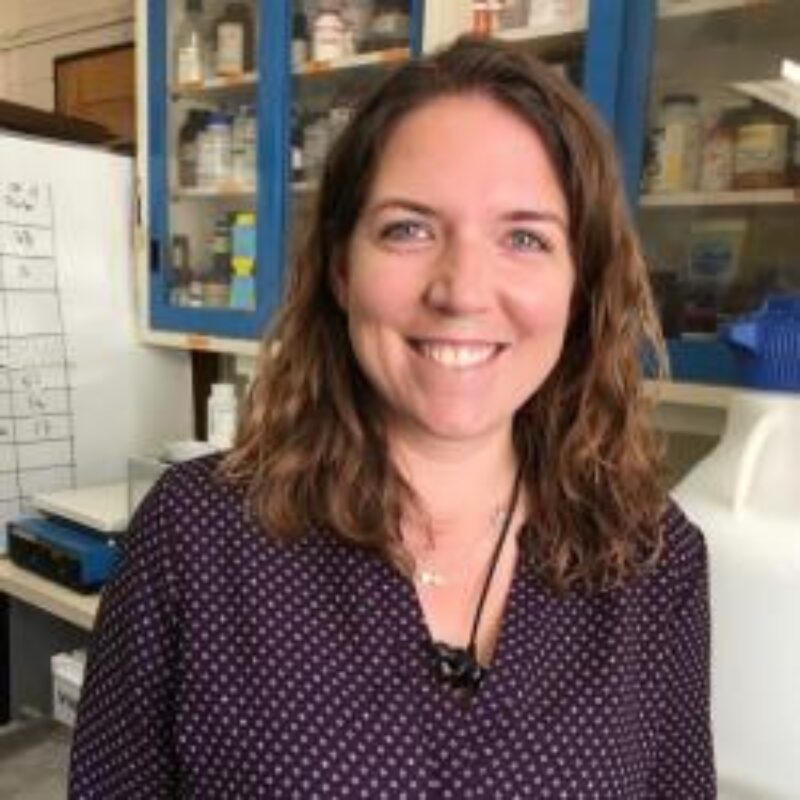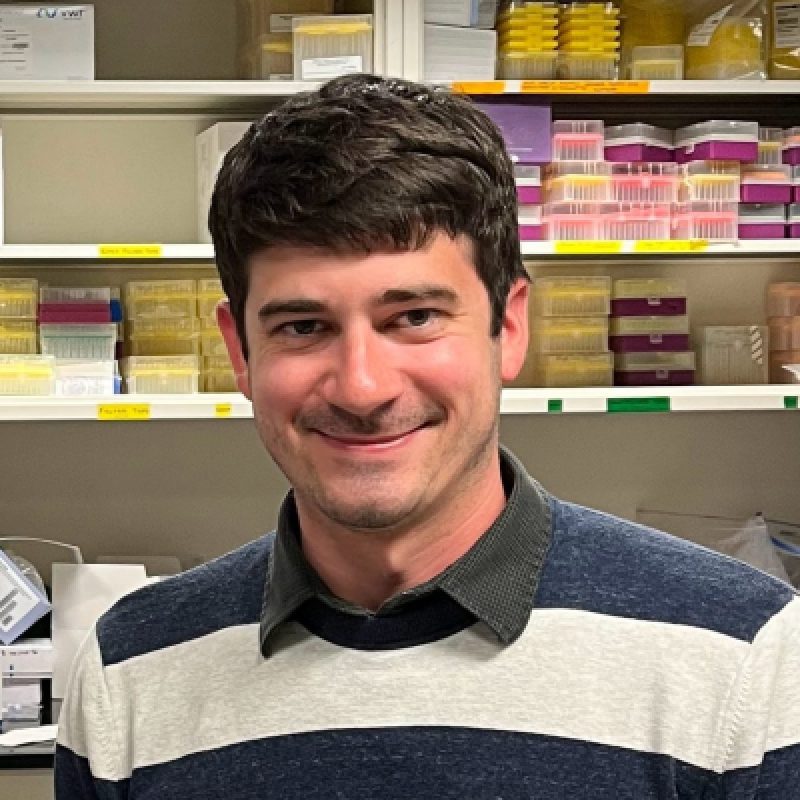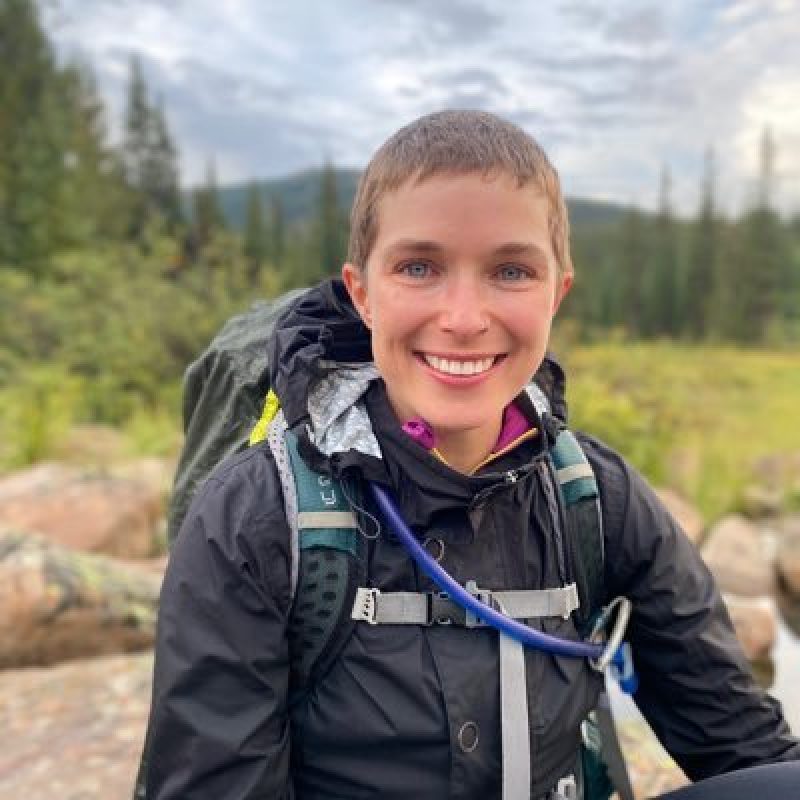Research Area: Genetics, Genomics and Cell Biology of Infection
-

Kelley Gallagher
The Gallagher lab studies the regulation of steps in the bacterial life cycle through sporulation in the soil-dwelling genus Streptomyces. Students will delete and overexpress genes that are predicted to regulate development and examine resulting phenotypes to identify novel regulatory mechanisms of bacterial development. This[...] -

J. Brooks Crickard
The Crickard lab studies chromosome maintenance pathways with a focus on homologous recombination. We use genetic approaches in combination with single molecule imaging to dissect molecular mechanisms. An example of a student project is expressing and purifying proteins to understand the role of signaling kinases[...] -

Anthony Hay
The Hay lab uses methods from microbial ecology, physiology, genomics, and genetics to understand how human activities affect microbes in diverse environmental settings. For instance, we study how handling of milk collection kits affects the microbiome of pumped human milk. Students will use genomics to[...] -

Andrew Flyak
The Flyak lab studies human antibody response to viral pathogens. We try to answer questions like, how do human antibodies neutralize rapidly mutating viruses? And, how can we design vaccines that mimic effective antibody responses seen in some individuals? In our lab, we isolate antibodies[...] -

Scott Keith
Scott’s research investigates how endocrine signaling networks regulate animals’ physiological responses to pathogenic microbes. He uses the fruit fly Drosophila melanogaster as a genetically tractable model to investigate the mechanisms by which several key insect hormones and their cognate nuclear receptors both directly and indirectly[...] -

Jaehee Kim
The Kim Lab focuses on the general fields of population genetics and evolutionary biology. Dr. Kim is interested in computational problems relevant to understanding evolutionary processes and population dynamics, and in development and application of statistical methods for inference from genetic data. In addition to[...] -

Sarah Caddy
We study positive and negative interactions between viruses and antibodies. We are particularly interested in maternal antibodies, which are transferred from mother to infant to protect against neonatal infections. However, these antibodies can also block the infant response to vaccines. Despite this phenomenon being identified[...] -

C Drew Harvell
We study the transmission and impacts of infectious disease in a changing ocean and mechanisms of immune function in marine invertebrates. We work to identify the value of intact ocean biodiversity and develop strategies towards a healthier ocean. -

Marian Schmidt
The Schmidt lab focuses on microbial community diversity, metabolic activity, and genome evolution in aquatic environments. Students will gain experience with microbial ecology and computational tools. As an example project, students can characterize the microbial communities in marine sediments associated with oyster beds to understand[...] -

Deborah Fowell
We are actively engaged in defining the signals that enable effector T cells to ‘find’ areas of infection and damage within inflamed tissues. We utilize intravital multiphoton microscopy and optogenetic tools to visualize and manipulate effector CD4+ T cells in situ. These approaches have revealed extrinsic[...]
